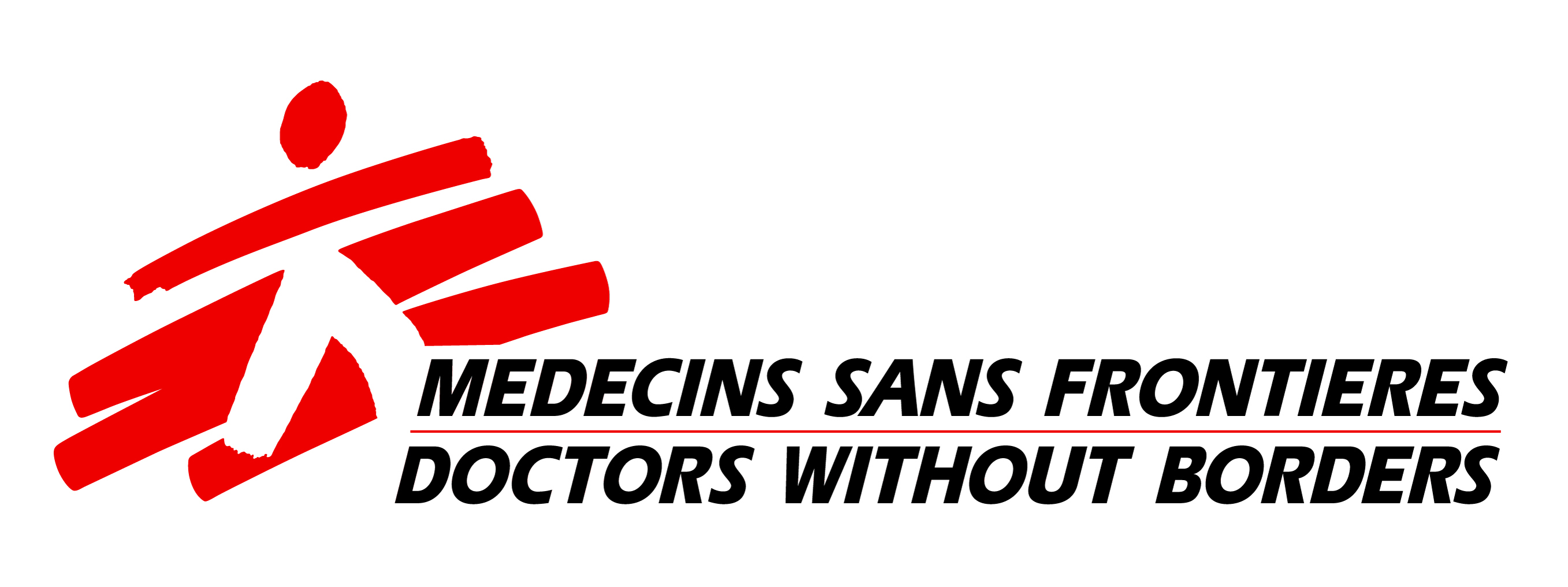Syria: MSF vaccinates children in areas neglected by national immunisation programme
There is an urgent need for sustainable solutions to ensure that people in the Kobane/Ain Al-Arab district in northeast Syria can have long-term protection against vaccine-preventable diseases, warns international humanitarian medical organisation Médecins Sans Frontières (MSF). People in Kobane/Ain Al-Arab district are cut off from the national immunisation programme because of a lack of political will to serve the area. This is leaving humanitarian organisations to fill the gap, who face logistical and supply challenges in an area affected by ten years of war.
The health system in Kobane/Ain Al-Arab district is not functioning fully and cannot yet meet local people’s needs. There are shortages of medical supplies and personnel, and many medical programmes depend on support from humanitarian organisations. Security issues caused by upsurges in the armed conflict and associated logistic challenges have hampered the supply of vaccines and people’s ability to access health services to receive recommended vaccinations, and these challenges remain today. Such disruption contributes to a widening immunization gap and increases the likelihood of outbreaks of vaccine-preventable diseases.
Meanwhile, the routine immunisation programmes managed by the Syrian Ministry of Health and supported by World Health Organisation (WHO) and UNICEF reach other regions to ensure routine vaccination coverage. However, the population of Kobane/Ain Al-Arab district, as well as districts in northern Syria, are left behind.
“Political sensitivities must not impact national vaccination plans,” says Hanna Majanen, MSF Medical Emergency Manager for northeast Syria. “All measures must be taken to find practical solutions to ensure the population of Kobane/Ain Al-Arab district is included in the national immunisation strategy as well as the COVID-19 vaccination strategy.”
In order to achieve adequate long-term protection against vaccine-preventable diseases, the routine immunization programme in northern Syria needs to be re-enforced, specifically in those areas currently not receiving vaccines through the national-level programmes. The relevant authorities must ensure equitable and reliable vaccine supply and integrate the implementation of routine immunizations into the existing health care system in Kobane/Ain Al Arab district.
Along with lacking routine immunisations, COVID-19 vaccinations have barely reached Kobane/Ain Al Arab district. While some 23,000 COVID-19 vaccines have recently been delivered to other parts of northeast Syria, accounting for less than 1% of the population, a meagre 100 vaccines have arrived in Kobane/Ain Al-Arab.
In an effort to reduce the immunization gap, MSF has worked alongside local health authorities in Kobane/Ain Al-Arab district since March 2015 to re-establish routine immunisation services in the area, including organising several vaccination campaigns and ‘catch up’ campaigns in the city and surrounding areas following interruptions in provision.
MSF most recently supported the Kurdish Red Crescent and local health authorities in northeast Syria to carry out a vaccination campaign to protect children against measles, mumps and rubella, beginning in mid-March, 2021. The teams fully vaccinated 10,412 children under the age of seven and provided a first dose to a further 28,309 children in Kobane/Ain Al-Arab city and 14 other locations in the area[1].
MSF is also trying to re-establish routine immunisation services in the areas of Ras Al-Ain and Tal Abyad in Northern Syria. This month, MSF is launching a measles vaccination campaign there, followed by a catch-up campaign due to the lack of routine immunization in the area. MSF teams will also distribute vitamin A supplements and carry out Active Nutritional Screening for around 94,000 children under the age of ten. The first round of the response is taking place in August, with second and third rounds of vaccinations against multiple vaccine-preventable diseases planned for October and November.
To assess vaccination coverage, MSF teams conducted a survey in May 2021, to understand how many children had received ‘routine’ vaccines to protect against measles, tuberculosis, and hepatitis B in Ain Al Arab/Kobane and Manbij area.
MSF teams surveyed 1,651 children between one and seven years old from 1,225 households. Preliminary results show that less than half of the children surveyed were protected from measles (41% coverage). 64% of children had received their birth dose vaccination for hepatitis B, and there was 68% coverage reported for tuberculosis (BCG vaccine).
“These results show that a generation is at risk of vaccine-preventable diseases,” says Majanen. “All relevant health authorities and UN agencies must find a pathway to people in Kobane/Ain Al Arab district and other neglected areas in northern Syria, to ensure they are not left behind.”
ENDS
Notes to editor
[1] Locations inculded: Kobane city, Sheran, Tel Ghazal, Ain Albat, Khanik, Qanaya, Pinder, Ziravik, Siftak, Qadriyeh, Sarin, Ramala, Jalabiyeh, Girek, Jurniyah, Tel Osman
.jpg)